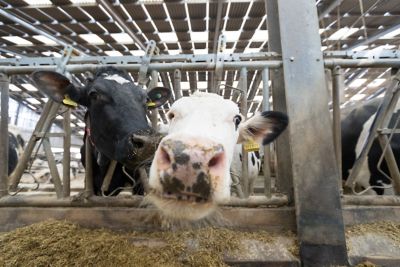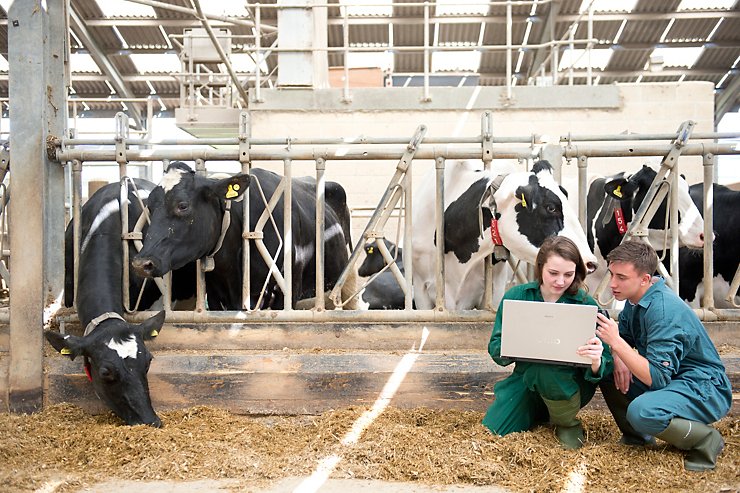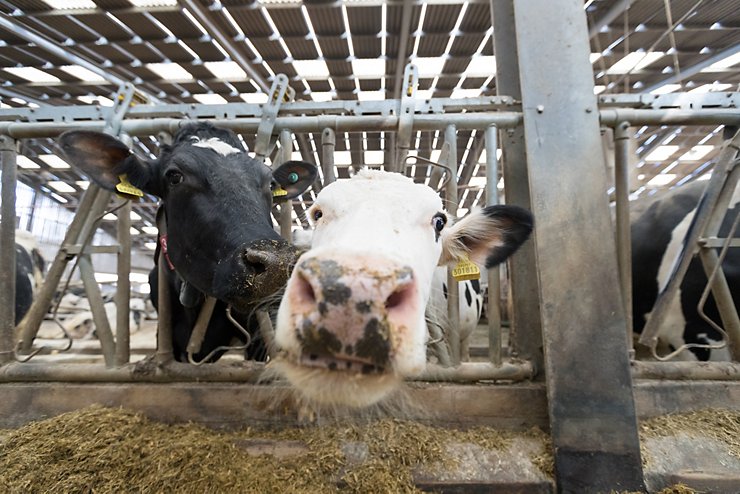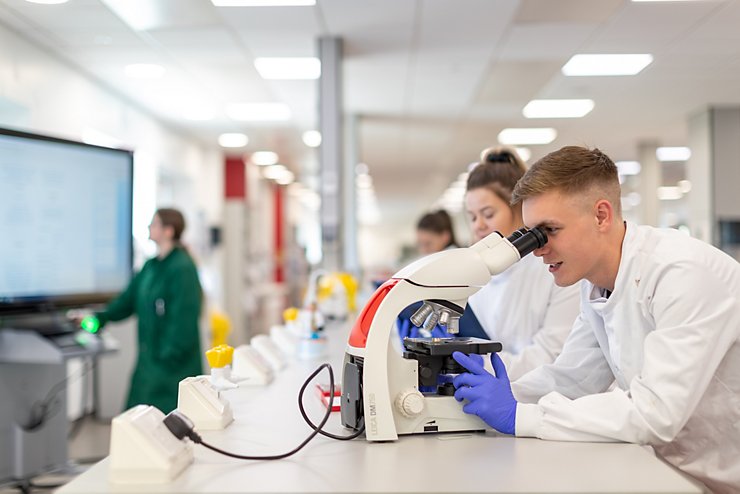Additional costs
All students will need at least one device to approve security access requests via Multi-Factor Authentication (MFA). We also recommend students have a suitable laptop to work both on and off-campus. For more information, please check the equipment advice.
As a student on this course, you should factor some additional costs into your budget, alongside your tuition fees and living expenses.
You should be able to access most of the books you’ll need through our libraries, though you may wish to purchase your own copies or more specific titles which could cost £40 each. If you choose to take an optional field trip, you will need to contribute around £65 towards this.
Please note that these figures are approximate and subject to change.
Due to our commitment to sustainability, we don’t print lecture notes but these are available digitally. You will be given £5 worth of printer credits a year. You are welcome to buy more credits if you need them. It costs 4p to print one black and white page.
If you do a work placement, you need to consider the travel and living costs associated with this.
Personal laptops are not compulsory as we have computer labs that are open 24 hours a day but you may want to consider one if you wish to work at home.
Scholarships and bursaries
The Felix Thornley Cobbold Scholarship
A grant of £3,000 per annum is available to a selected Home student. To be eligible, students must be living or studying in Suffolk, Essex, Cambridgeshire or Norfolk at the time of their application.
Find out more
Rochester Bridge Trust Bridge Wardens' Spence Agricultural Scholarship
In recognition of the contribution of Mr John Spence OBE DL to agriculture and the Rochester Bridge Trust, the Spence Agricultural Scholarship is available to students studying agriculture at the University of Nottingham. The Scholar will receive a grant of £5,000 per annum in each of three consecutive years. Students opting to complete a one-year industrial placement or computer science programme will be eligible for an additional grant of £5,000 in respect of that year. Scholars must pass each year of study at their first attempt and provide a brief report to the Rochester Bridge Trust on their academic and other achievements during the previous academic year.
The Scholarship is available to students studying for a BSc Hons in:
- Agriculture
- Agriculture and Crop Science
- Agriculture and Livestock Science
- Agricultural Business Management
The qualifying areas are: Medway, Kent, London Boroughs of Bexley and Bromley, Cambridgeshire, Lincolnshire and West Yorkshire. Students must live or study in one of these areas at the time of their application.
Eligible candidates will be informed and invited to apply. The assessment will be made from the candidate’s application form, a personal statement and a short video that explains why they wish to study agriculture and how they might use the scholarships.
For further information please contact the Admissions Tutor: Tori.Charlton@nottingham.ac.ukAgriFood Charities Partnership
The AgriFood Charities Partnership supports study for UK students on agricultural undergraduate degree programmes.
We offer a range of international undergraduate scholarships for high-achieving international scholars who can put their Nottingham degree to great use in their careers.
Additional costs
All students will need at least one device to approve security access requests via Multi-Factor Authentication (MFA). We also recommend students have a suitable laptop to work both on and off-campus. For more information, please check the equipment advice.
Personal laptops are not compulsory as we have computer labs that are open 24 hours a day but you may want to consider one if you wish to work at home.
As a student on this course, you should factor some additional costs into your budget, alongside your tuition fees and living expenses.
You should be able to access most of the books you’ll need through our libraries, though you may wish to purchase your own copies or more specific titles which could cost £50 each. If you choose to participate in a field trip, you may need to contribute towards the cost of travel.
Please note that these figures are approximate and subject to change.
Due to our commitment to sustainability, we don’t print lecture notes but these are available digitally. You will be given £5 worth of printer credits a year. You are welcome to buy more credits if you need them. It costs 4p to print one black and white page.
If you do a work placement, you need to consider the travel and living costs associated with this.
Scholarships and bursaries
The Felix Thornley Cobbold Scholarship
A grant of £3,000 per annum is available to a selected Home student. To be eligible, students must be living or studying in Suffolk, Essex, Cambridgeshire or Norfolk at the time of their application.
Find out more
Rochester Bridge Trust Bridge Wardens' Spence Agricultural Scholarship
In recognition of the contribution of Mr John Spence OBE DL to agriculture and the Rochester Bridge Trust, the Spence Agricultural Scholarship is available to students studying agriculture at the University of Nottingham. The Scholar will receive a grant of £5,000 per annum in each of three consecutive years. Students opting to complete a one-year industrial placement or computer science programme will be eligible for an additional grant of £5,000 in respect of that year. Scholars must pass each year of study at their first attempt and provide a brief report to the Rochester Bridge Trust on their academic and other achievements during the previous academic year.
The Scholarship is available to students studying for a BSc Hons in:
- Agriculture
- Agriculture and Crop Science
- Agriculture and Livestock Science
- Agricultural Business Management
The qualifying areas are: Medway, Kent, London Boroughs of Bexley and Bromley, Cambridgeshire, Lincolnshire and West Yorkshire. Students must live or study in one of these areas at the time of their application.
Eligible candidates will be informed and invited to apply. The assessment will be made from the candidate’s application form, a personal statement and a short video that explains why they wish to study agriculture and how they might use the scholarships.
For further information please contact the Admissions Tutor: Tori.Charlton@nottingham.ac.ukAgriFood Charities Partnership
The AgriFood Charities Partnership supports study for UK students on agricultural undergraduate degree programmes.
Home students*
Over one third of our UK students receive our means-tested core bursary, worth up to £1,000 a year. Full details can be found on our financial support pages.
* A 'home' student is one who meets certain UK residence criteria. These are the same criteria as apply to eligibility for home funding from Student Finance.
International students






